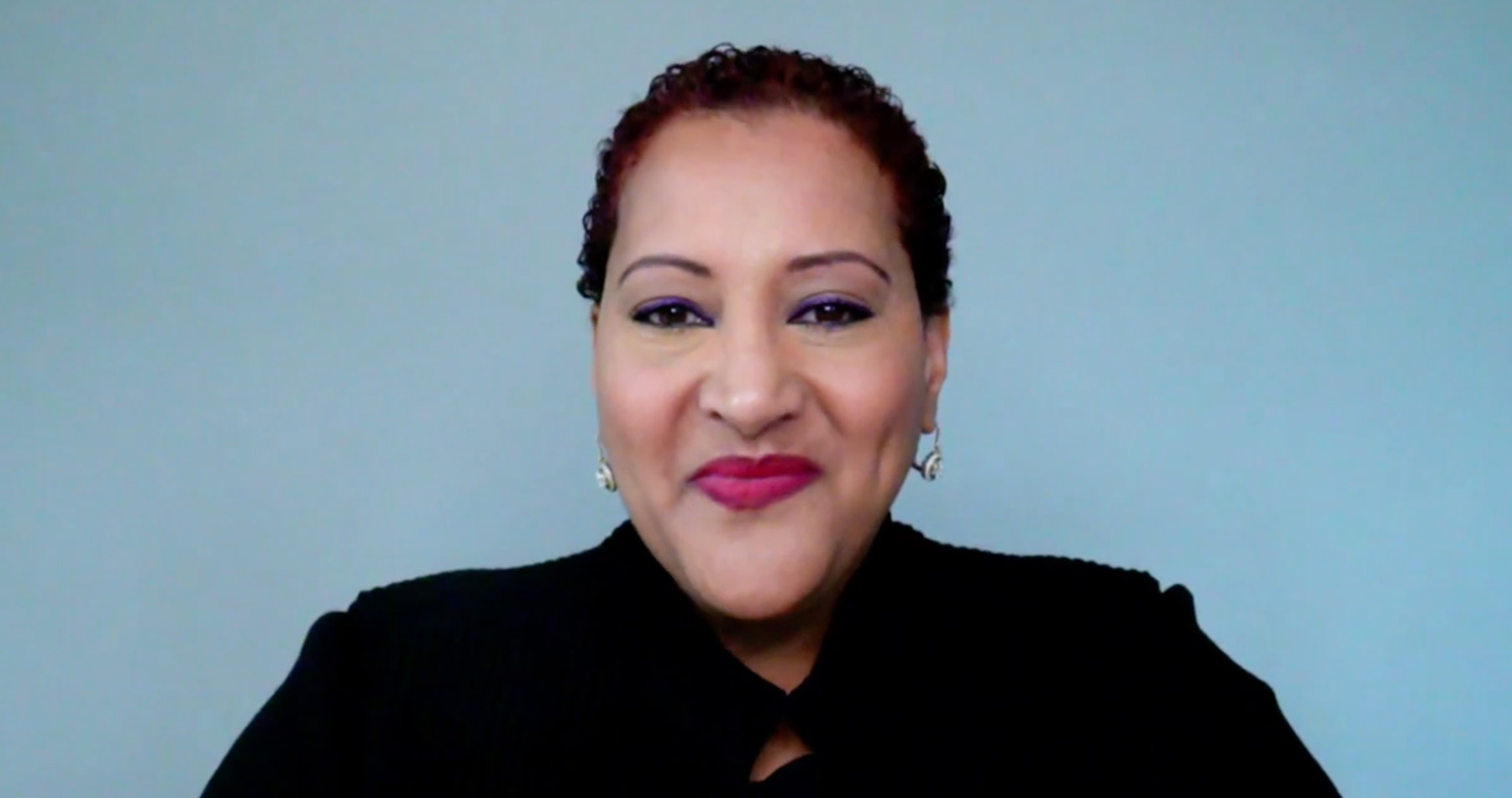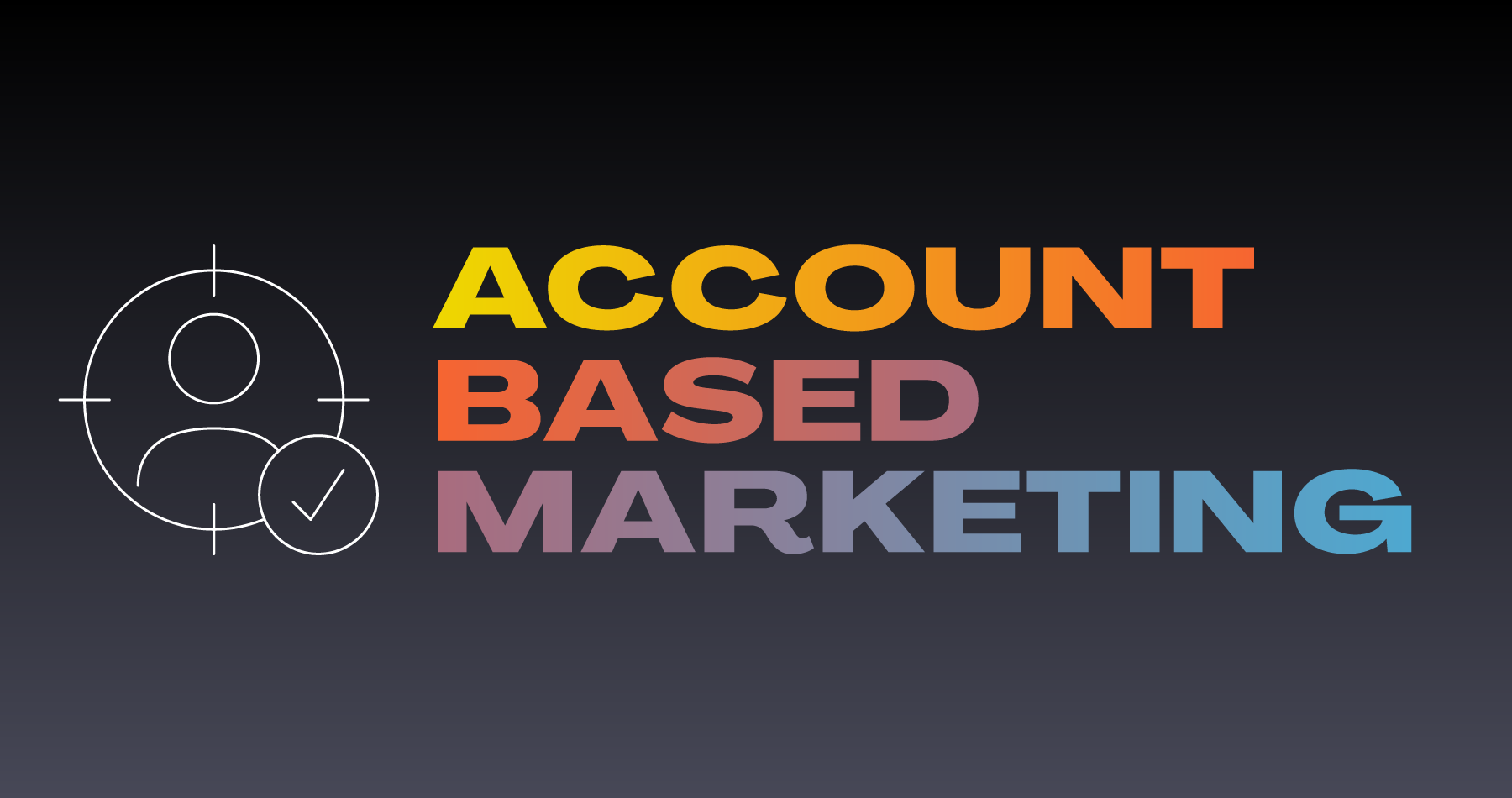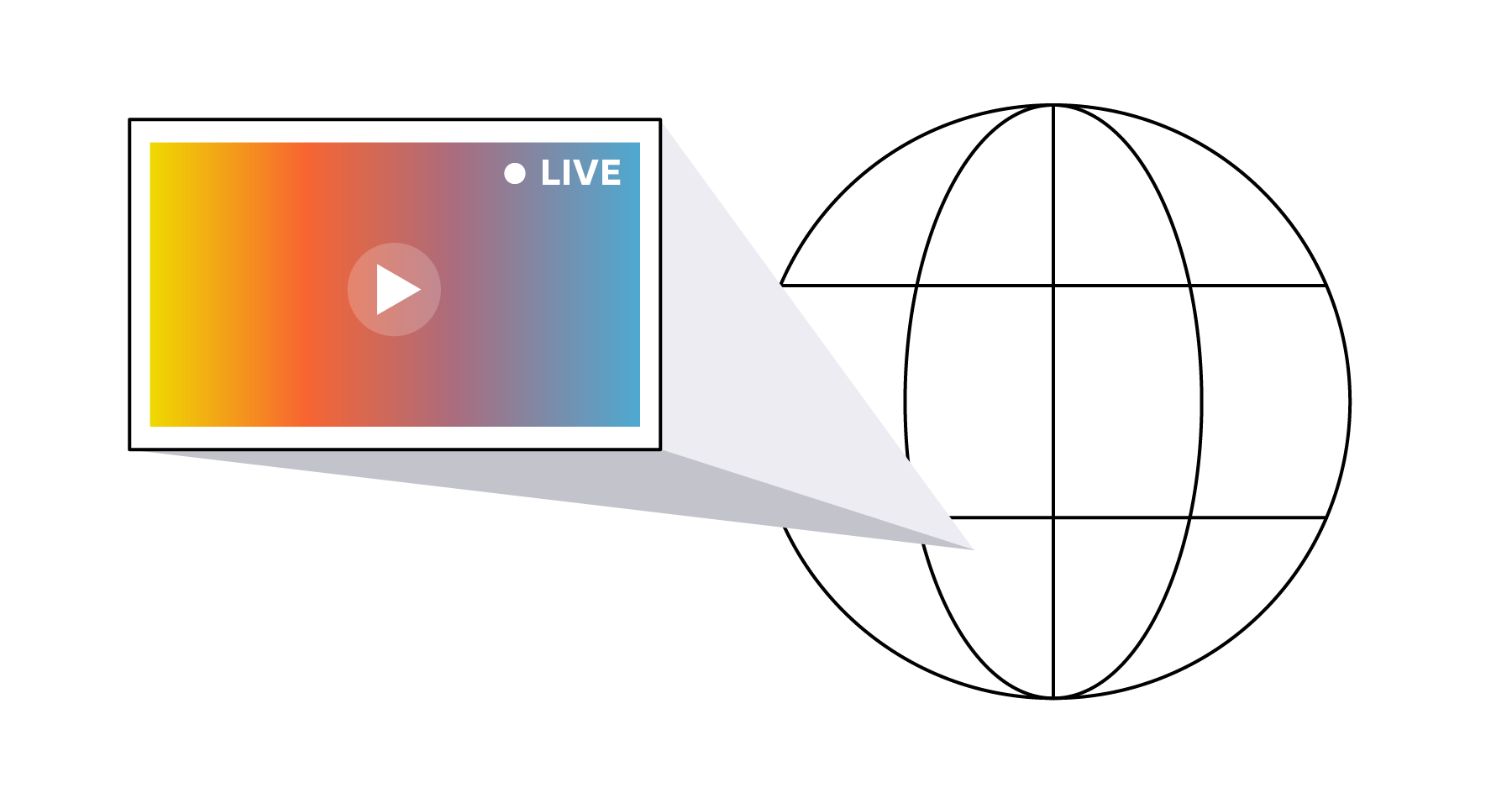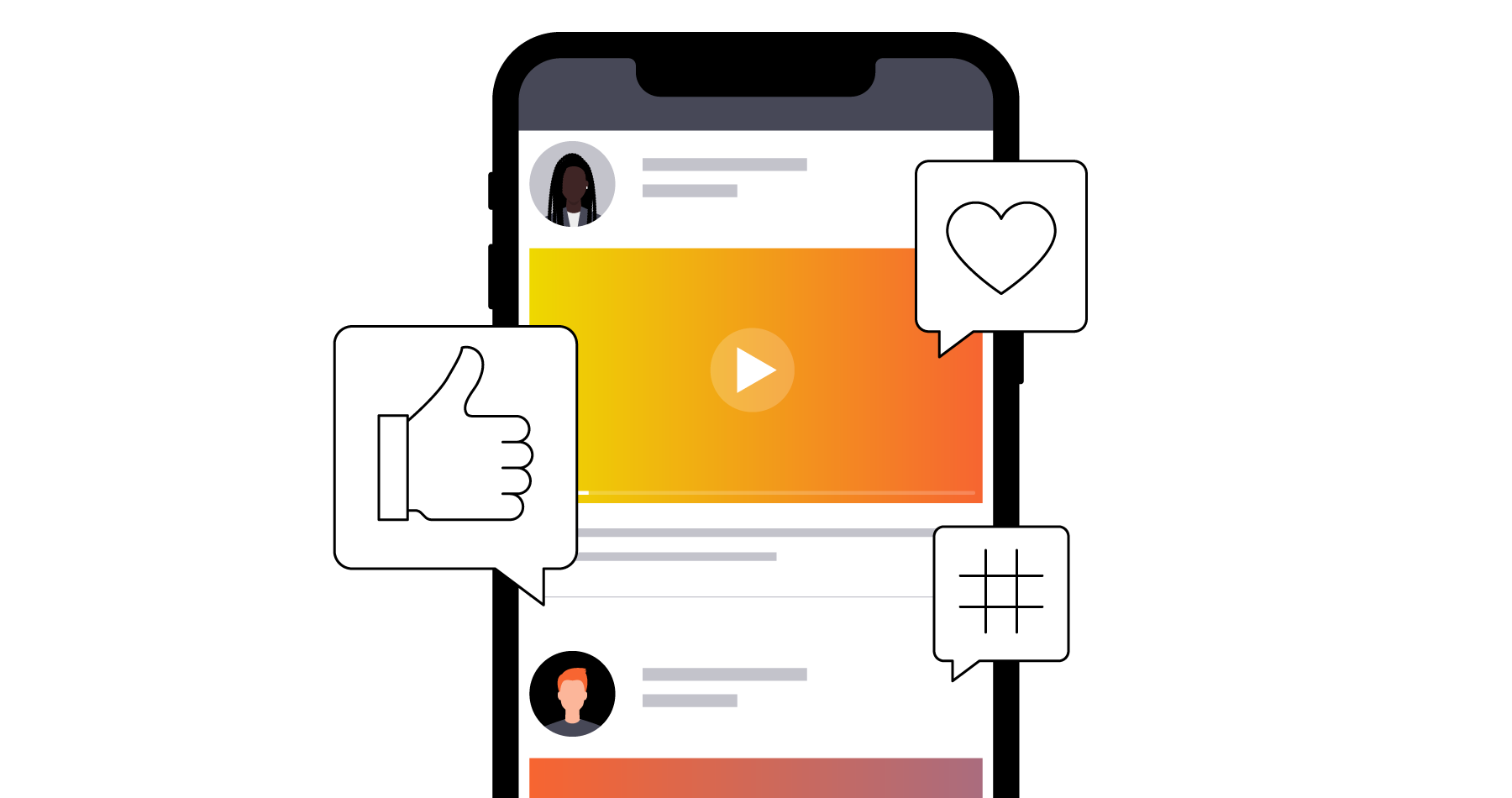Your Digital Mindset: Thriving in the Age of Data, Algorithms, and AI
Tech Talk

The digital revolution continues to transform life all around us. The workplace, our industries, and the way we connect and interact with our colleagues have all been reshaped in ways we never imagined.
Tsedal Neeley, a faculty member at the Harvard Business School, appeared on Brightcove’s PLAY Season 1 with her unique insights on all of this change and how embracing a digital mindset is the key for success.
Neeley is the author of “Remote Work Revolution: Succeeding from Anywhere” and co-author of “The Digital Mindset, What It Really Takes to Thrive in the Age of Data, Algorithms, and AI.”
What Is a Digital Mindset?
“A digital mindset is our attitudes and behaviors that have to be connected along with data, technology, algorithms, in order to think of new possibilities for the future,” explains Neeley. She adds that when we talk about “digital,” we should really be thinking about the “intersection of data, technology, and algorithms.”
The innovation in these areas is creating exponential change, and that in turn fuels our digital mindset, letting us see more possibilities than ever before. The news gets even better: We don’t need to be experts to fully leverage these innovations to serve our customers and grow our business.
The 30% Rule
“The 30% rule is actually one of the most liberating things that we’ve discovered,” Neeley tells us. “Because we don’t need to be experts. We don't need to be data scientists or computer scientists in order to have the baseline threshold to operate in a digital environment. All we need is 30% fluency.”
So, to further develop your digital mindset, it’s important to have a base level of understanding in three key areas.
Collaboration
Unlike the world before COVID-19, we can’t count on coworkers being just down the hall or ready to meet us in an office if we grab the next flight. This lack of one-on-one, in-person contact can feel like a problem.
But Neeley sees it differently. “The good news is that this is an area that’s well known and well developed. And if you select the right digital tools to engage people in the right ways, you can actually be very successful.”
Along with human interaction, collaboration with machines such as AI chatbots is becoming increasingly popular. Again, Neeley emphasizes that understanding the basics will help you thrive.
“When we treat machines like humans, when we try to add all sorts of nuances and salutations, it slows things down. It's really important to understand what it means to be precise and narrow in our instructions and engagement with machines.”
Computation
How much do you need to think about data? Do you need to learn how to code?
“If you don’t have any kind of background with coding and technical skills, even a short course in Python can help,” says Neeley. “It will give you the exposure for the kind of literacy that's important to ask the right questions and to make the right decisions.”
What’s more, with the growing number of digital natives in our society, we can easily collaborate with this fluent generation to move forward with a better understanding of algorithms, data, and AI.
A mindset that is more open to data, instead of shying away from the complexities of it, paves the way for better, more creative solutions to many challenges that we face.
This applies across the entire spectrum of the digital world, from eliminating inherent biases in technology to highlighting basic steps that can prevent data theft and security issues.
Change
Tsedal Neeley gets right to the point: “Change has to become a core competency for all of us.” Her entire focus on developing a digital mindset demonstrates that our minds must always be in motion—thinking, challenging, creating, and above all, experimenting.
“The idea of experimentation is also the idea of trying things, learning, growing, and having this embedded in all of our departments,” she says. “It must be present in all of our units, in all of our domains.”
In fact, recent research suggests that organizations creating a healthy culture of digital experimentation grow at least eight times faster than global GDP. Once again, a digital mindset makes this possible, creating possibilities and removing roadblocks so that the best and brightest ideas can rise to the top.
The Future of the Digital Mindset
Tsedal Neeley sums it up well: “People often ask, will machines replace us? My conclusion is that machines will not replace us. Humans with a digital mindset will replace humans without a digital mindset.”
As the digital revolution continues to evolve, Brightcove will be here with best-in-class streaming technology to further your digital strategies as you expand your mindset and thrive.



